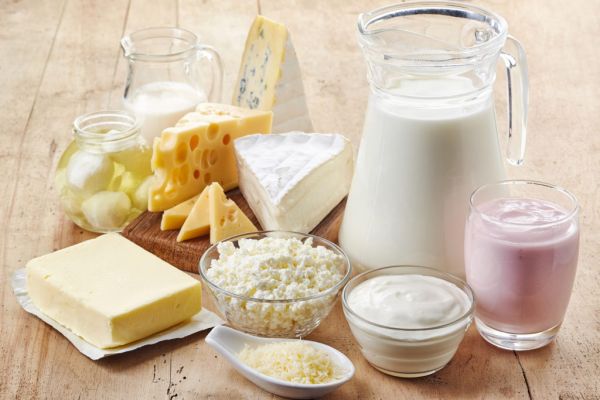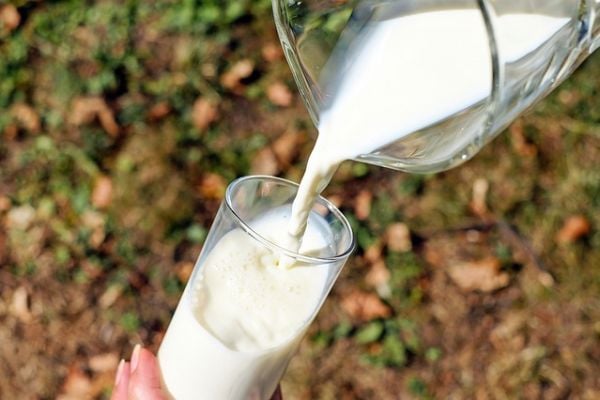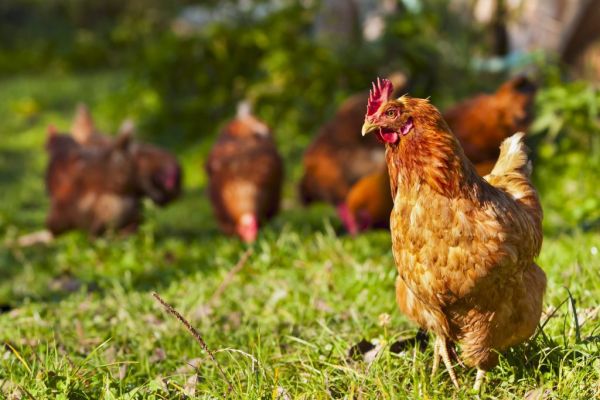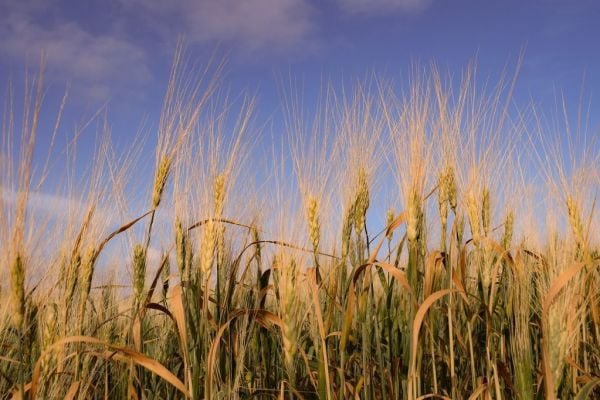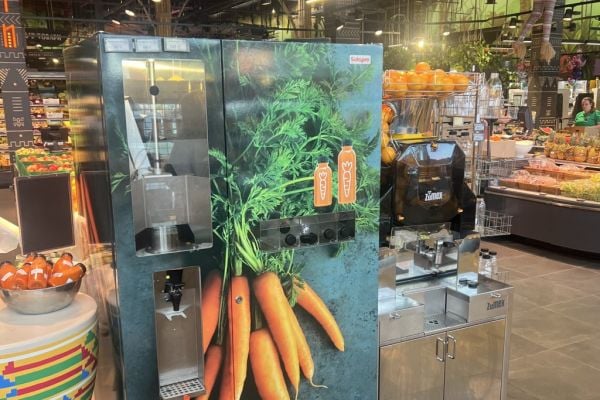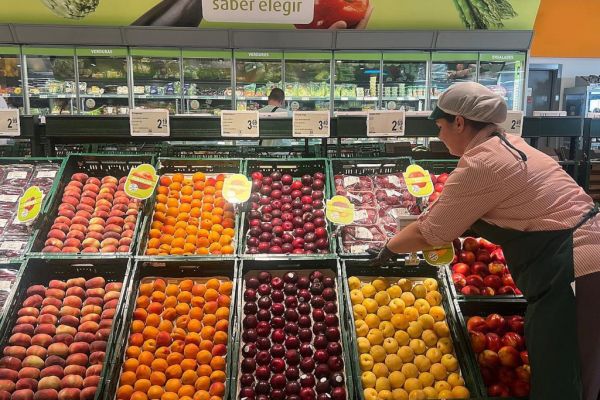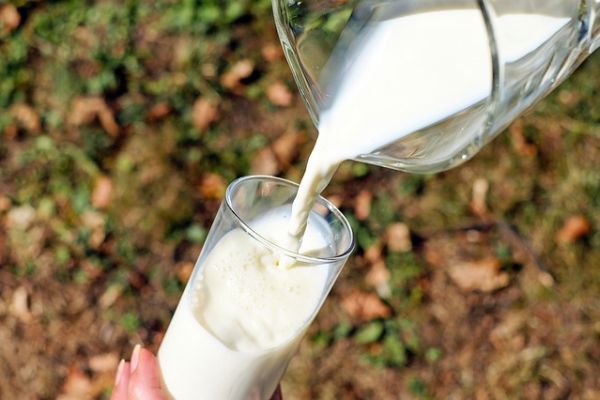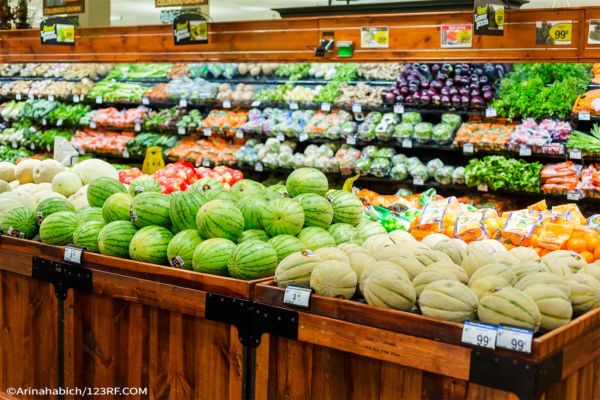The European Dairy Association (EDA) has said that the EU–New Zealand Free Trade Agreement will increase pressure on the European dairy sector at a time when it is investing heavily in environmental sustainability strategies.
As part of the deal, the market access for butter of a minimum of 15,000 tonnes will be added to the already existing New Zealand quota of more than 74,693 tonnes – or the equivalent of 4% of the annual European butter production.
For cheese, the new market access volume of a minimum of 20,000 tonnes will be added to the already existing 11,000 tonnes.
In addition, a joint quota for milk powder (skimmed milk powder and whole milk powder) of 13,500 tonnes has been offered to New Zealand.
New Zealand will also be allotted 3,500 tonnes of whey protein concentrate, adding to the pressure on this specialised ingredient sector.
'Unequal Partners'
Describing the partners as 'rather unequal', the association noted that the deal is 'extremely favourable' for New Zealand.
EU with 447 million citizens has a GDP of €17 trillion, while New Zealand with a population of 5 million has a GDP of €200 billion.
In terms of milk and dairy, the two partners are also very different, the EDA noted, as 85% of New Zealand’s milk (with 25,25 million tonnes per year and an average dairy herd size of 450 cows)is processed by one single dairy, while the European dairy sector (with 159 million tonnes per year and an average dairy herd size of 21 cows) is characterised by small, regional dairies.
EDA President Giuseppe Ambrosi stated, “We fully understand that the European trade policy is of high strategic importance in the new geopolitical environment. Any trade agreement must be tailored in a fair trade and level playing field spirit to achieve at the end a win-win situation.
"For milk and dairy, this was a near to impossible task from the outset and the outcome does give a unilateral advantage to the NZ dairy industry, pushing the EU concessions to the absolute limit. The EU dairy sector will do its utmost to continue being resilient and competitive, and we will now have to prepare for the new tougher market conditions.”
The EDA added that it expects the European Commission to assure that the import tariff rate quotas (TRQs) will be managed in a way that they do not further play to the advantage of New Zealand.
Elsewhere, New Zealand dairy, sheep and beef farmers are largely disappointed by the newly signed New Zealand-European Union free trade agreement, lamenting it provides little new access to the profitable market for meat and dairy.
© 2022 European Supermarket Magazine – your source for the latest fresh produce news. Article by Dayeeta Das. Click subscribe to sign up to ESM: European Supermarket Magazine.
